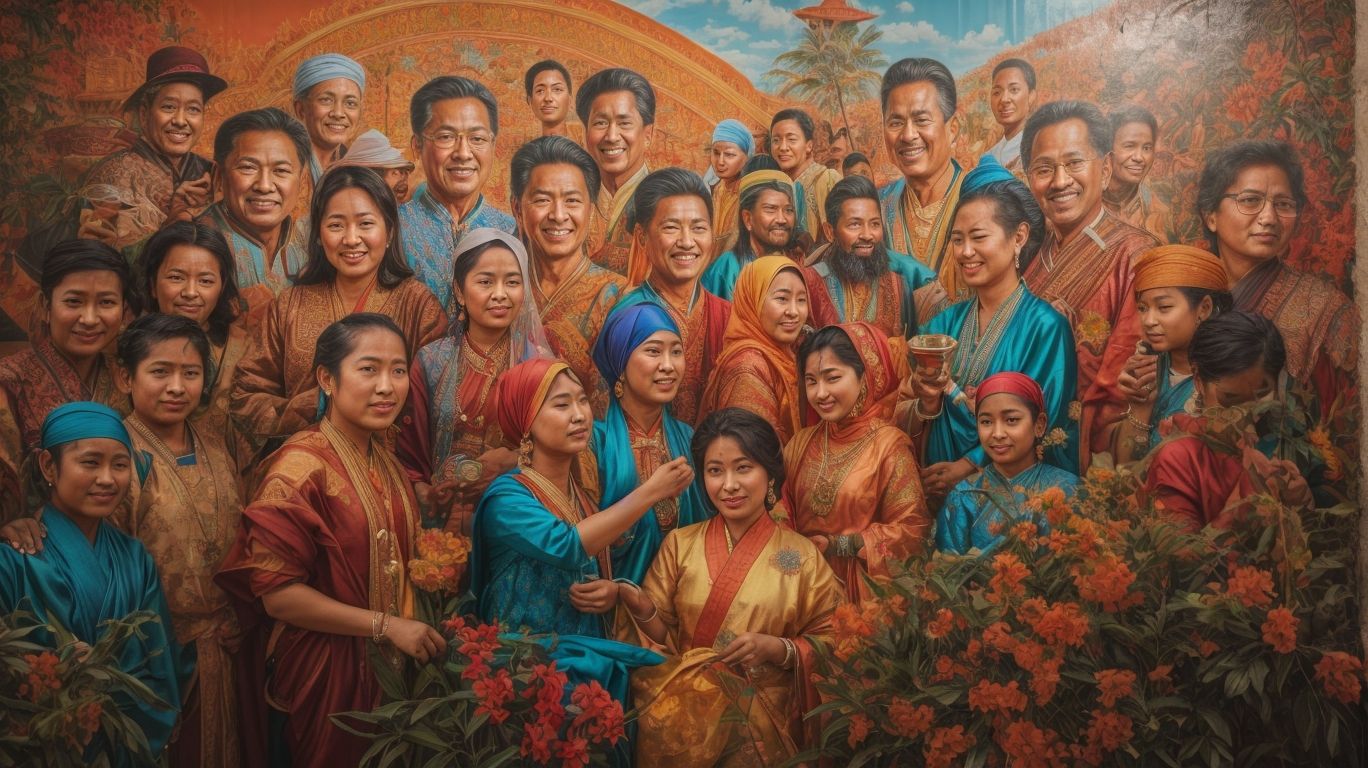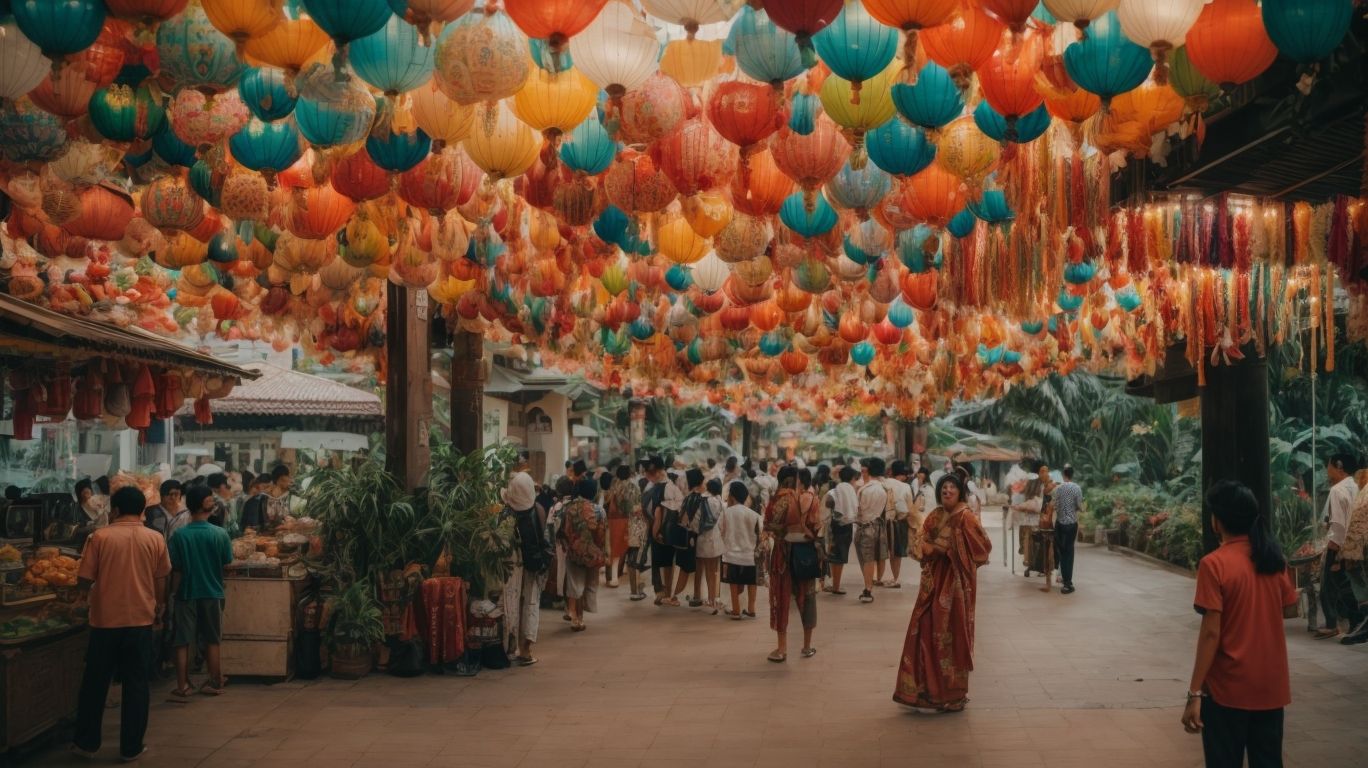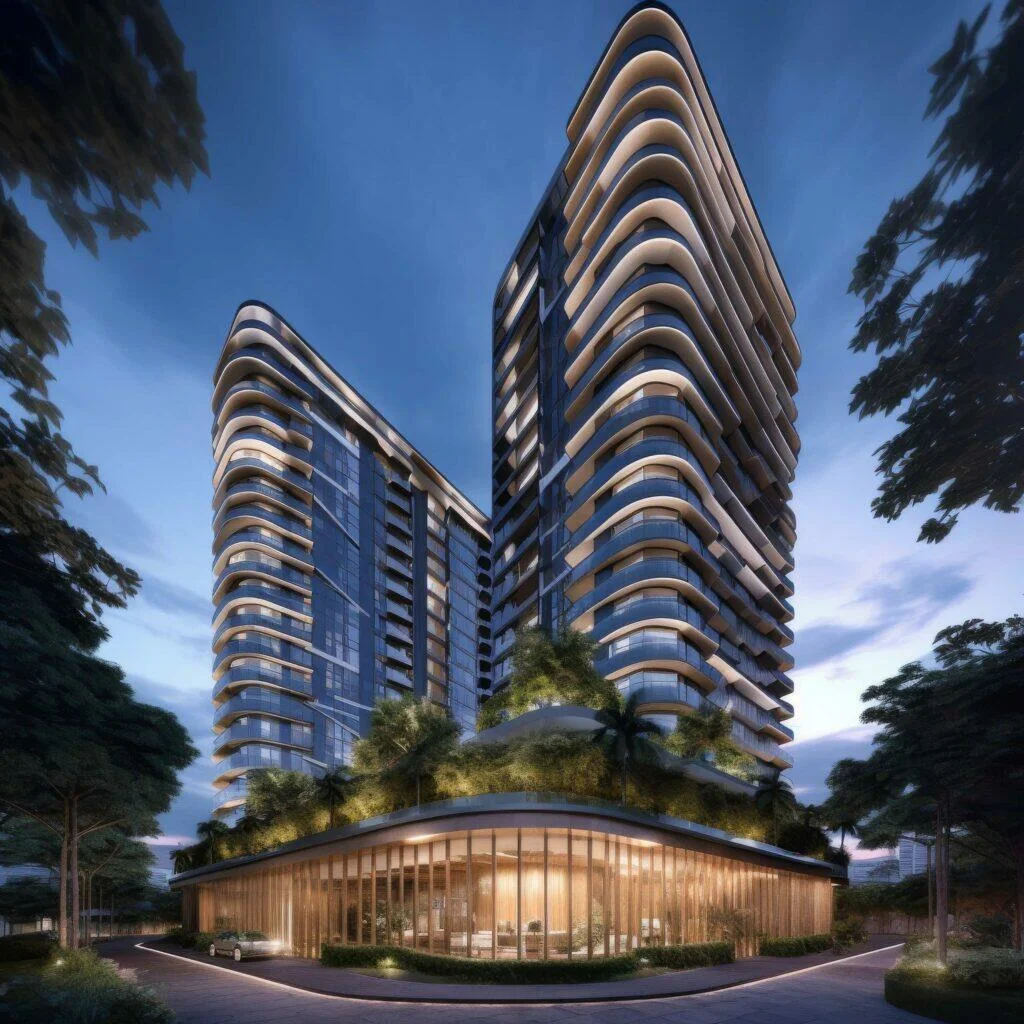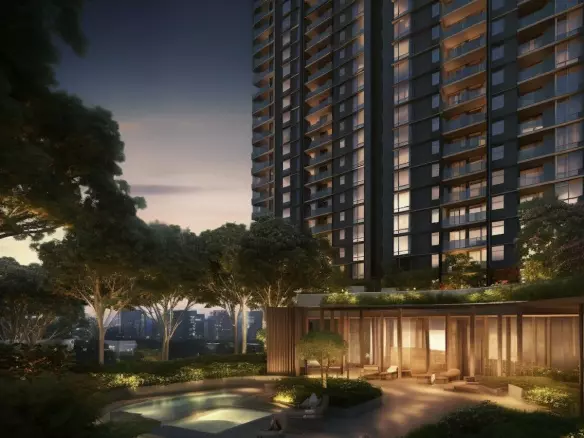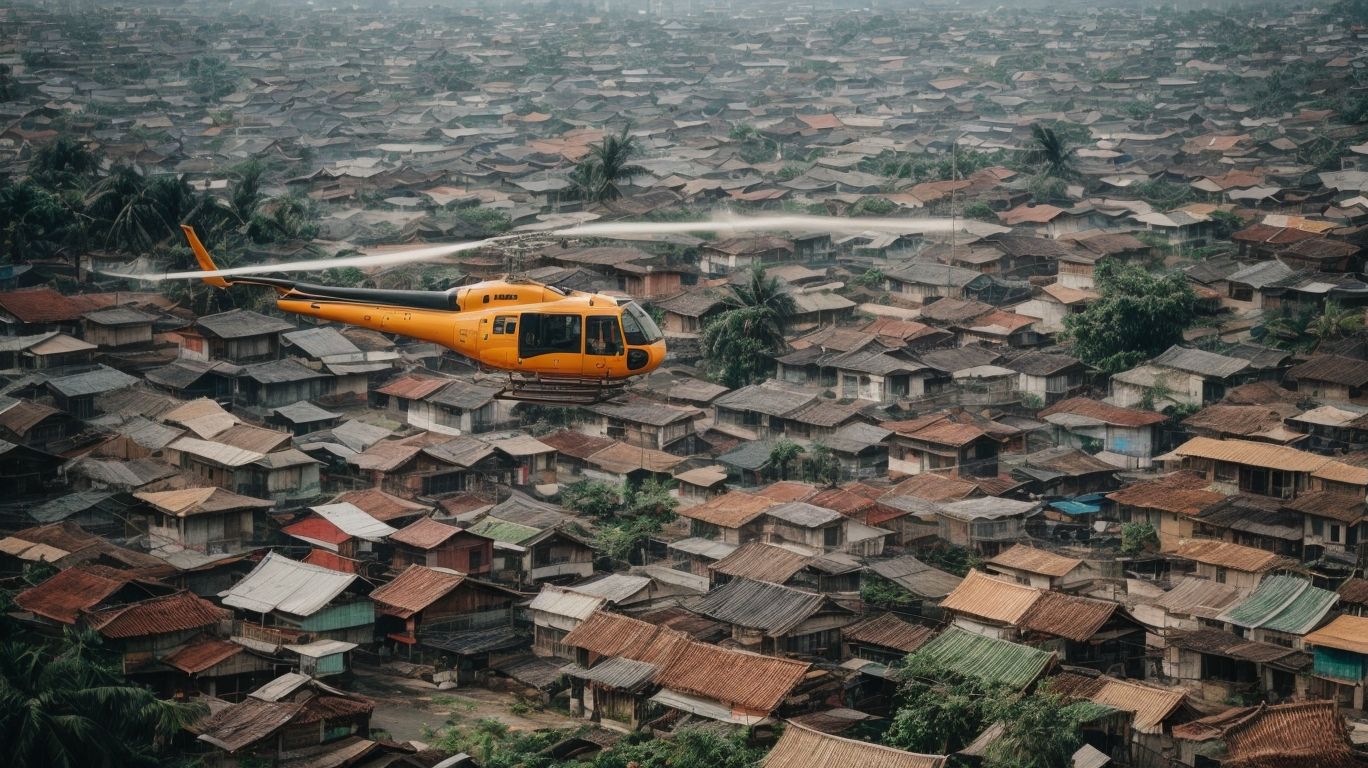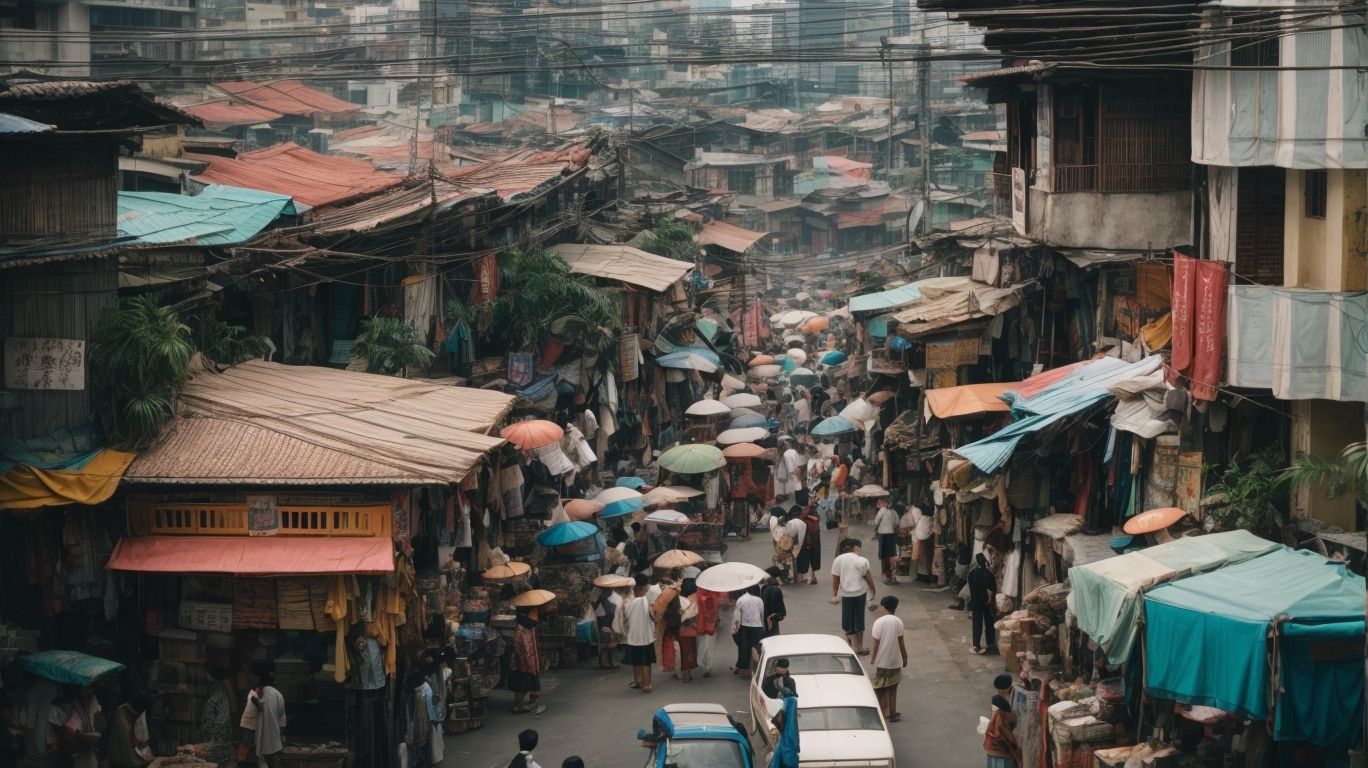
Are you considering a move to Manila, the bustling capital of the Philippines? As an expat, you may have many questions and concerns about settling into a new country and culture. This article will serve as your guide to navigating the expat lifestyle in the Pearl of the Orient and help you make the most of your experience.
What is an Expat Lifestyle?
Living an expat lifestyle involves residing in a foreign country, typically for work or personal reasons, while maintaining a distinct identity and connection to one’s home country. This lifestyle can vary greatly depending on individual preferences and circumstances. It often includes embracing new cultures, customs, and languages, as well as facing challenges such as homesickness and cultural adjustment.
Expats may also choose to immerse themselves in local communities, try new cuisines, and travel extensively. Overall, the expat lifestyle offers opportunities for personal growth, cultural exchange, and a unique perspective on the world.
Why Choose Manila as an Expat Destination?
Why Choose Manila as an Expat Destination? Manila offers expats a vibrant and diverse lifestyle that makes it an attractive destination. The city boasts a rich cultural heritage, with historical sites like Intramuros and Rizal Park. It also offers a thriving food scene, from street food to fine dining. Manila’s cost of living is relatively affordable, allowing expats to enjoy a comfortable lifestyle. The city also has a large expat community and is known for its warm and friendly locals. With its tropical climate and beautiful beaches nearby, Manila provides a perfect balance between work and leisure.
What are the Pros and Cons of Living in Manila as an Expat?
Living in Manila as an expat has its advantages and disadvantages.
- Pros: Manila offers a vibrant and diverse culture, with a bustling city life and a wide range of entertainment options. The cost of living is relatively affordable, especially compared to other major cities. Expats can enjoy delicious and diverse cuisine, with a variety of international dining options. Manila also provides access to quality healthcare facilities and a strong expat community.
- Cons: Traffic congestion is a major challenge in Manila, leading to long commute times. Pollution levels can be high in certain areas. Safety concerns, such as petty crime, should be taken into account. Additionally, the hot and humid climate may take some time for expats to adjust to.
What are the Living Expenses in Manila as an Expat?
As an expat living in Manila, your expenses may vary depending on your lifestyle and preferences. Here are some factors to consider:
- Housing: Rent for a one-bedroom apartment in the city center can range from $400 to $800 per month.
- Utilities: Basic utilities like electricity, water, and internet can cost around $100 per month.
- Transportation: Public transportation is affordable, with a one-way ticket costing around $0.30 and monthly passes around $20.
- Food: Eating out at local restaurants can cost as low as $2 per meal, while dining at international establishments may range from $10 to $20.
- Entertainment: Movie tickets cost around $5, and a gym membership can range from $20 to $50 per month.
What is the Average Cost of Rent in Manila?
The average cost of rent in Manila for expats can vary depending on the type of accommodation and location. In popular expat areas such as Makati or Bonifacio Global City, the monthly rent for a one-bedroom apartment typically ranges from $500 to $1000. For a larger apartment or house, the cost can increase to $1500 or more. However, in less expensive areas outside of the city center, the rent can be as low as $300 to $500 per month. It is important to note that these figures are estimates and may change over time.
What is the Cost of Food and Groceries in Manila?
When considering the cost of food and groceries in Manila, it is important to keep in mind that prices may vary depending on the location and type of establishment.
On average, dining out at a local restaurant can cost between $3 to $10 per meal, while a meal at a mid-range restaurant can range from $10 to $20.
The cost of groceries in Manila is generally affordable, with a weekly grocery bill for a family of four averaging between $50 to $100. However, prices may be higher for imported goods.
Additionally, street food in Manila is a popular and cost-effective option for meals.
What is the Cost of Transportation in Manila?
Getting around Manila as an expat is relatively affordable, but traffic can be a challenge. The cost of transportation in Manila includes various options:
- Jeepneys: These brightly colored vehicles are the most common mode of transportation and cost around 10-20 PHP per ride.
- Taxis: Metered taxis are available, and fares start at around 40 PHP with an additional 13 PHP per kilometer.
- Grab: A popular ride-hailing app, Grab offers convenient transportation at similar prices to taxis.
- MRT/LRT: The city’s train systems are an affordable option, with fares ranging from 15-30 PHP depending on the distance.
Pro-tip: To save money and avoid traffic, consider using public transportation during off-peak hours whenever possible.
What is the Cost of Healthcare in Manila?
The cost of healthcare in Manila can vary depending on the type of medical service required. Generally, healthcare in Manila is more affordable compared to Western countries. Consultation fees with doctors range from $10 to $30, while hospital stays can cost around $100 to $200 per day. Medications and laboratory tests are also relatively inexpensive. Expats can choose between public and private healthcare facilities, with private hospitals offering higher quality care but at a higher cost. It is advisable for expats to have health insurance to cover any unexpected medical expenses.
What are the Best Neighborhoods for Expats in Manila?
When living as an expat in Manila, it’s crucial to carefully choose the right neighborhood that fits your lifestyle and needs. Here are some of the top neighborhoods for expats in Manila:
- Makati: Renowned for its upscale lifestyle, Makati offers a variety of amenities, shopping malls, and international restaurants. It’s also a hub for multinational companies, making it a convenient option for expats working in the business district.
- Bonifacio Global City (BGC): BGC is a lively and modern neighborhood with a thriving expat community. It boasts a diverse range of dining options, entertainment venues, and green spaces. BGC is also known for its safety and cleanliness.
- Alabang: Located in the south of Manila, Alabang provides a more suburban lifestyle with gated communities, shopping centers, and international schools. It’s a popular choice for expat families.
- Quezon City: As the largest city in Metro Manila, Quezon City offers a diverse selection of neighborhoods to cater to different preferences. It features a mix of residential areas, commercial centers, and entertainment hubs.
When considering the best neighborhood for expats in Manila, factors such as proximity to work, access to amenities, safety, and budget should all be taken into consideration. It’s always recommended to visit and explore the neighborhoods firsthand to find the one that best aligns with your lifestyle and preferences.
Wishing you a smooth transition and a wonderful expat experience in the Pearl of the Orient!
What are the Top Expat Communities in Manila?
Looking for a sense of belonging and support in Manila? Look no further than the top expat communities in the city. These communities offer opportunities to connect with like-minded individuals, share experiences, and build friendships.
Some of the notable expat communities in Manila include:
- Manila Expat Forum: An online community that provides a wealth of information on various aspects of expat life in Manila.
- Internations Manila: A global network that hosts social events and activities for expats living in the city.
- American Association of the Philippines: A community for American expats that promotes networking and cultural exchange.
- British Women’s Association: A community for British expat women that offers support, social events, and charitable initiatives.
- Australian and New Zealand Association: A community that brings together expats from Australia and New Zealand for socializing and networking.
These communities can be invaluable for expats seeking friends, advice, and a sense of belonging in their new home.
What are the Visa Requirements for Expats in Manila?
When considering living as an expat in Manila, it is crucial to have a thorough understanding of the visa requirements. The following are the key visa requirements for expats in Manila:
- Work Visa: Expats must obtain a work visa sponsored by their employer.
- Special Investor’s Resident Visa: For investors in the Philippines, this visa allows for residency.
- Student Visa: Expats studying in Manila must obtain a student visa.
- Retirement Visa: A specific visa is available for retirees.
- Permanent Resident Visa: Expats who have resided in the Philippines for a certain period can apply for permanent residency.
Having a clear understanding of these visa requirements will ensure a smooth transition to living in Manila.
What are the Different Types of Visas for Expats in Manila?
Expats in Manila have a variety of visa options available to them depending on the purpose and duration of their stay. The main types of visas for expats in Manila include:
- Tourist Visa: This visa allows for a temporary stay in Manila for tourism purposes and is usually valid for 30 days, with the option to extend up to 59 days.
- Work Visa: Expats seeking employment in Manila must obtain a work visa through a sponsoring company in order to legally work in the country.
- Student Visa: Individuals pursuing education in Manila must obtain a student visa, which is granted to those enrolled in a recognized educational institution in the city.
- Retirement Visa: Expats aged 35 or older can apply for a Special Resident Retiree’s Visa (SRRV) if they meet certain financial requirements. This visa allows retirees to live in Manila indefinitely.
Each type of visa has specific requirements and procedures that expats must follow. It is important to seek guidance from the Philippine Embassy or a reputable immigration lawyer for accurate and current information.
What are the Steps to Obtain a Visa for Manila?
To obtain a visa for Manila, follow these steps:
- Identify the type of visa required for your situation, such as a tourist visa, work visa, or student visa.
- Gather all necessary documents, including a valid passport, completed application form, passport-sized photos, and specific supporting documents for your visa category.
- Submit your application and pay the required visa fee at the nearest Philippine embassy or consulate in your country.
- Attend an interview or provide any additional information as requested by the embassy or consulate.
- Wait for the visa processing time, which can vary depending on the type of visa and the workload of the embassy.
- Once approved, collect your visa and make necessary travel arrangements to Manila.
What are the Cultural Differences and Tips for Adjusting to Life in Manila as an Expat?
Adjusting to life in Manila as an expat may require understanding and adapting to cultural differences. Here are some tips for a smoother transition:
- Respect the local culture: Filipinos value respect, so it is important to learn about their customs, traditions, and etiquette.
- Language: Familiarize yourself with basic Filipino phrases to effectively communicate and connect with locals.
- Traffic: Manila is known for its heavy traffic, so it is important to plan your schedule accordingly and be patient on the roads.
- Food: Embrace the local cuisine, such as adobo and sinigang, and explore various food markets and street stalls to fully experience the flavors of Manila.
- Socializing: Join expat groups, attend cultural events, and make an effort to build relationships with both locals and fellow expats to create a sense of community in your new home.
What are the Common Customs and Traditions in Manila?
In Manila, there are several common customs and traditions that are deeply ingrained in Filipino culture. These include:
- Respect for elders: It is important to show respect to elders through gestures like “mano po” (blessing by touching the hand to the forehead) and addressing them with “po” and “opo” (terms of respect).
- Strong family bonds: Family plays a significant role in Filipino culture, and gatherings and celebrations often revolve around family.
- Festivals and fiestas: Manila is renowned for its vibrant festivals and fiestas that showcase the rich cultural heritage of the country.
- Hospitality and generosity: Filipinos are known for their warm hospitality and generosity towards guests, often offering food or drinks as a sign of welcome.
Fact: The Sinulog Festival in Manila is one of the most colorful and lively festivals in the Philippines, attracting thousands of visitors every year.
What are the Dos and Don’ts for Expats in Manila?
As an expat living in Manila, it is crucial to be aware of the dos and don’ts in order to navigate the local culture respectfully. Here are some key points to keep in mind:
- Do greet people with a smile and a handshake.
- Don’t forget to use “po” and “opo” when speaking to elders as a sign of respect.
- Do be mindful of conservative dress codes, especially when visiting religious sites.
- Don’t engage in public displays of affection, as it is considered inappropriate.
- Do try the local cuisine and embrace Filipino customs, such as sharing food and offering a small gift when visiting someone’s home.
- Don’t criticize or insult Filipino culture or customs. Show appreciation and respect for the local way of life.

